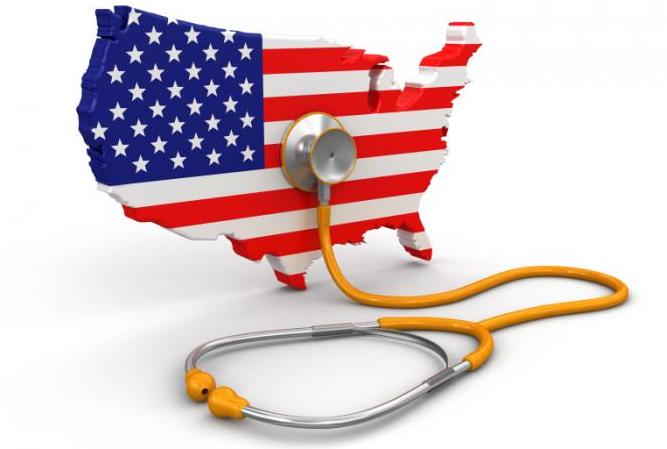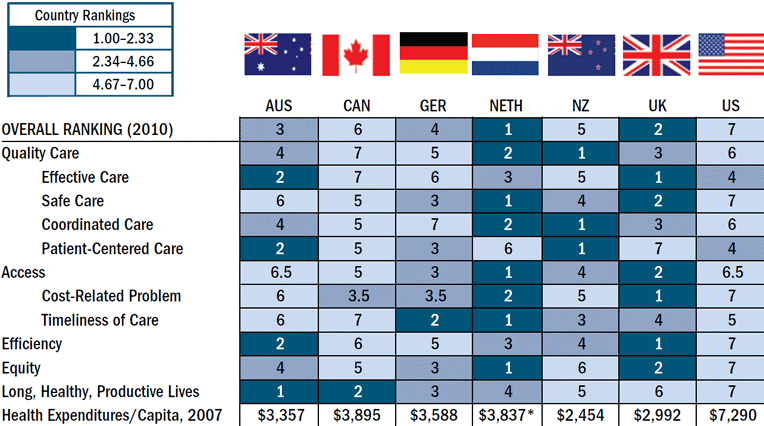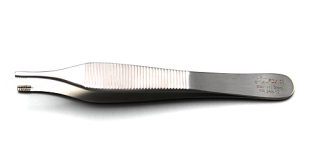Compare health care system in USA to other OECD countries on quality and spending, as US healthcare system is exclusive among the innovative industrialized nations.
The U.S does not need a uniform health system, has no worldwide health care coverage, as well as current laws mandating coverage is not yet completely implemented. Instead of working with a nationwide health service, a single payer federal medical insurance system, or a multi-payer common health insurance fund; the Health care system in USA may best be defined as a hybrid system.
Back in 2010, around 50% of the US healthcare investing is originated from personal funds, compared to 38% from federal government funds and 12% state and local funds. Most of the healthcare, even though publicly financed, are provided privately.
The Organisation for Economic Co-operation and Development (OECD) is a global community devoted to global improvement that provides with each other 34 member nations to compare and talk about govt. plan in order to “promote policies which will develop the financial and social welfare of people all over the world.”
OECD countries are usually advanced or rising economies. Of the member states, the US and, Mexican authorities play the most compact role in overall finance of health-care. However, public (i .e. government) investing on medical care per capita in the US is more than all the OECD countries, except Norway and Netherlands.
Health Care System in USA compared to other Countries
In 2012, 263 .2 million citizens of the U.S. 84 .6% of the U.S. People had some sort of medical insurance, with 63.9% of employees protected by an exclusive health insurance strategy. Among the insured, 101.5 million persons, 32.6% of the population, acquired protection via the U.S. federal government in 2012 through Medicare 48.9 million), Medicaid 50.9 million), and/or VA or additional military care 13.7 million) (individuals might be protected by multiple federal government strategy). In 2012, nearly 48 million the people of the U.S. had no health insurance.
This reality sheet will compare the U.S. Health-care system to different advanced industrialized countries, with a concentration on the issues of higher health-care expenses as well as disparities in coverage in the U.S. It is going to then outline certain use techniques to reduce health-care expenses in other nations, look at the German health-care system as a model for non-centralized universal care, as well as place in the high quality of U.S. Health-care in a global context.
USA Health Care System Cost Compared to UK, Canada, Switzerland, Sweden, Australia, France
US health care experts are the best thing on earth. But, treatment in the US is inequitable, overspecialize, as well as neglects the main as well as precautionary treatment. The outcome of the health care system in USA compared to other countries is lower.
The Commonwealth Fund performs a regular international comparison of health system performance. Based on the Commonwealth Fund Commission, in a 2010 comparing with Australia, Canada, Italy, Netherlands, New Zealand and UK, the US had the 2nd cheapest rank in the quality of care. Overall, the US ranked the cheapest within this comparing, because it positioned last in all other facets of health-care: effectiveness, equity, access. Comparing additional health-care indicators in a globally oriented context underscore the irregularities of the Health care system in USA.
However, according to a 2014 performance analysis by Commonwealth Fund in which Health Care System in USA compared to other 10 countries, it has compared in previous years; US health care system underperforms
A total of 18,667 patients in 2011 and 20,045 in 2013 were surveyed across the 11 featured nations for their views on their country’s health care system. In another survey, 9,776 physicians across the 11 countries were surveyed on their experiences of providing care to patients. Overall, the study ranked the national health care systems as follows:
- United Kingdom
- Switzerland
- Sweden
- Australia
- Germany and Netherlands (tied)
- New Zealand and Norway (tied)
- France
- Canada
- United States
Drivers of Health Care Spending in the U.S
Pricing is the main reason Americans give for difficulties using health care. People in America with below-average incomes which are sufficiently more likely than their alternatives in other nations to report not: going to a doctor once ill; obtaining a suggested check, therapy, or follow-up care; filling a prescription; as well as viewing a dentist.
Fifty-eight % of doctors in the U.S. accept their patients have problems spending money on health care. In 2012, 32% of uninsured adults revealed not attracting or delaying health care due to expense, compared to 5% of privately insured adults and 27% of these on public insurance, such as Medicaid/CHIP as well as Medicare.
When there is absolutely no contract as to the single reason for growing U.S. health-care expenses. Specialists have identified 3 contributing elements. The first is the cost of new technology as well as prescription drugs. Certain experts have argued “that the accessibility to higher priced, state-of-the-art health care technologies as well as drugs fuels health-care investing for growth expenses as well as because they generate demand for stronger, costly services even though they are not always economical .” In the year 2011, the U .S. invested $985 per capita on prescribed drugs as well as other non-durable medical care, a lot more than dual the OECD average of $483.
US Health Care System Cost Compared to other Countries
Depending on the World Health Organization (WHO), the United States of America usually spends higher part of its gross household item on health care each year than any country. But, USA scores 37th out of 191 countries in the WHO’s rating of health-care systems. It really is difficult to think about any kind of customer investing much more cash on an item simply to be gave something which ranks 37th in the quality. On notice just how other nations give health-care, see 10 Health-care systems all over the world.
As compared to different developed nations, the U.S. Performs bad on life expectancy as well as baby mortality. This also surfaces the listing of deaths considered “preventable” with sufficient primary care and analysis. The normal U .S. citizen has far less doctor meetings every year compared to people of other nations, but pays a lot more for the privilege. While an American citizen pays the night in the medical center, it expenses 5 .6 times above it might price someone in Japan. In order to top it all off, the U .S. Spends $2, 797 more per individual each year than other industrialized nations, even though 47 million of these individuals are uninsured.
 Health & Care Information
Health & Care Information




